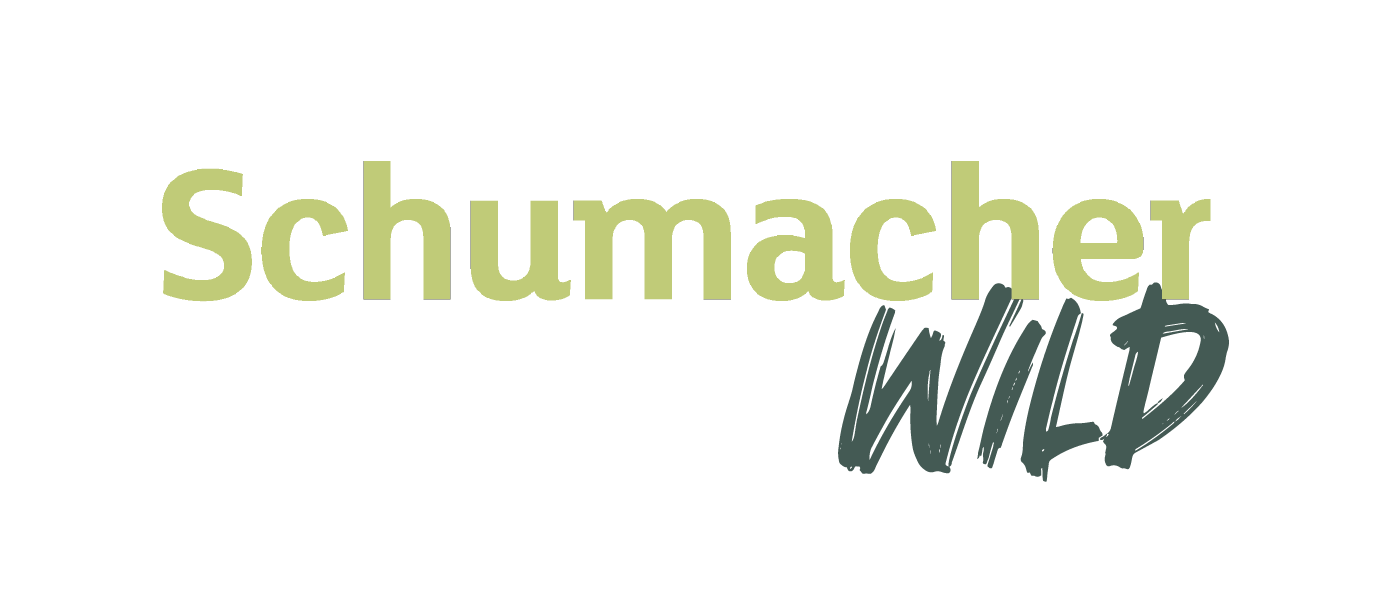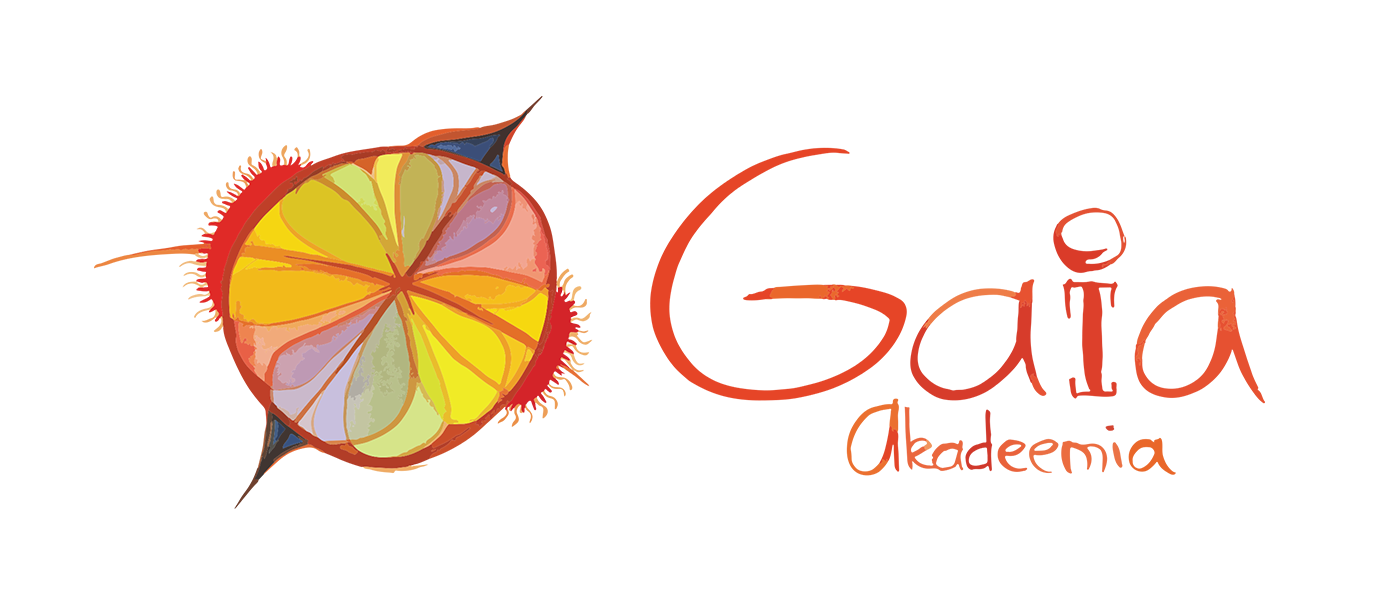Course by Schumacher Wild and Gaia Academy
Faculty: Jonathan Dawson, Jay Tompt, Kaie Koppel, Jonne Kotta, Riinu Lepa and Toomas Trapido plus online session by Satish Kumar
July 8-13 2025, Kuressaare, Estonia
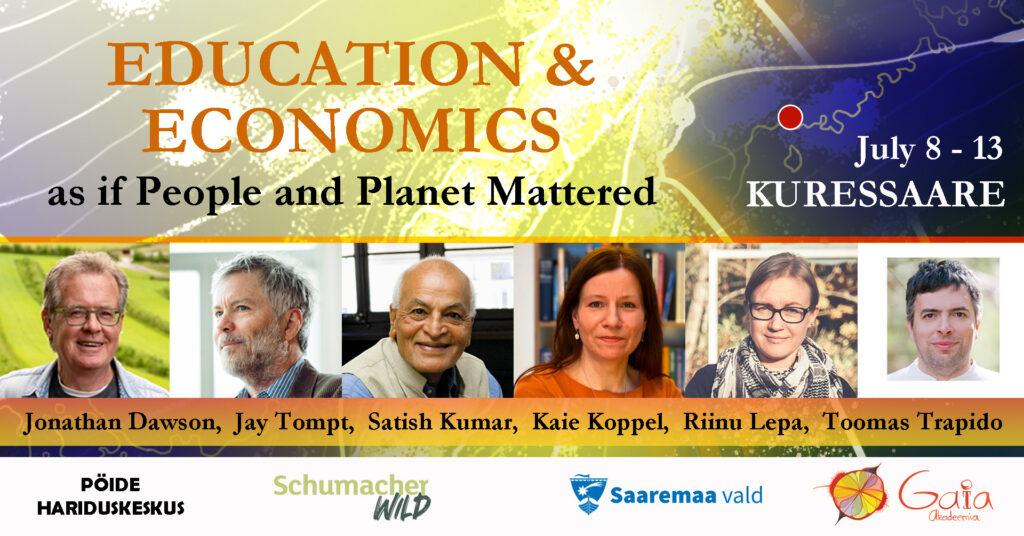
This course will provide an overview of fresh thinking and experimentation in new educational and economic forms in the company of some of the leading pioneers currently active in the field. The workshop will be much more than a series of lectures delivered by talking heads aimed at transmitting some new ‘truth’. Rather, in keeping with the nature of the revolution we are seeking to effect, we will use a holistic pedagogy that engages ‘head, heart and hands.’
Importance of imagination – from caterpillar to butterfly
We are living through a moment of rupture in our systems – where the stories and norms that help us make sense of the world are no longer fit for purpose. It is, however, important to remember that such moments are replete not just with danger but also opportunity. Drawing on a metaphor from the natural world (an important source of ideas and information in these troubled times), this period in human evolution can be likened to the metamorphosis that occurs in the transition from caterpillar to butterfly, triggered by ‘imaginal cells’ within the cocoon.
Deep dive into education and economics
In this workshop, we will take a deep dive into two core pillars of today’s dominant worldview – education and economics – exploring the nature of the transformation that appears already be in process and how we might identify and activate the ‘imaginal cells’ in these systems.
The world of education is undergoing a profound transformation. To date, it has both reflected the core assumptions and values of the dominant neoliberal worldview and played a central role in perpetuating them. A narrowly instrumental view of education, modelled to serve the perceived demands of a growth-based, globalizing economy and culture, has come to define and to shape learning. The health of our economies, meanwhile, has come to be measured by the single metric of Gross Domestic Product, with all considerations of culture and kindness sacrificed on the altar of the great ‘growth fetish’.
However, as in so many other domains, the foundations of the dominant paradigm are creaking. We are, in the words of Zachary Stein, living in a ‘world between worlds’, where the previously dominant structures and stories are dying and new ones are in the process of being born. We have the privilege of being dwellers in this liminal space in which we are called upon to be co-creators of whole new forms of social organization.
The challenge that lies ahead is to envisage educational and economic forms fit for the needs of the 21st century and to chart pathways towards the realization of these visions.
There is already substantial momentum towards these ends. Studies in the fields of neuroscience and social psychology increasingly contradict conventional thinking about the separation of mind, body and emotions and underscore the importance of an education that seeks to develop head, heart and hands.

Holistic education and economics
In parallel, the logic underlying the concept of homo economicus – the fiercely
competitive and individualistic man at the heart of neoliberal theory – is increasingly challenged by studies in complexity and systems thinking that point to cooperation and symbiosis as more central to the human evolutionary process.
In short, a revolution in our thinking is already underway in terms of what holistic, place- based education and an economics built around the satisfaction of human needs and ecological integrity might look like in practice.
This course will provide an overview of fresh thinking and experimentation in new educational and economic forms in the company of some of the leading pioneers currently active in the field. The workshop will be much more than a series of lectures delivered by talking heads aimed at transmitting some new ‘truth’. Rather, in keeping with the nature of the revolution we are seeking to effect, the aim will be to create a vibrant learning community in which, in the words of Maya Angelou, we will ‘discover the path by walking it.’
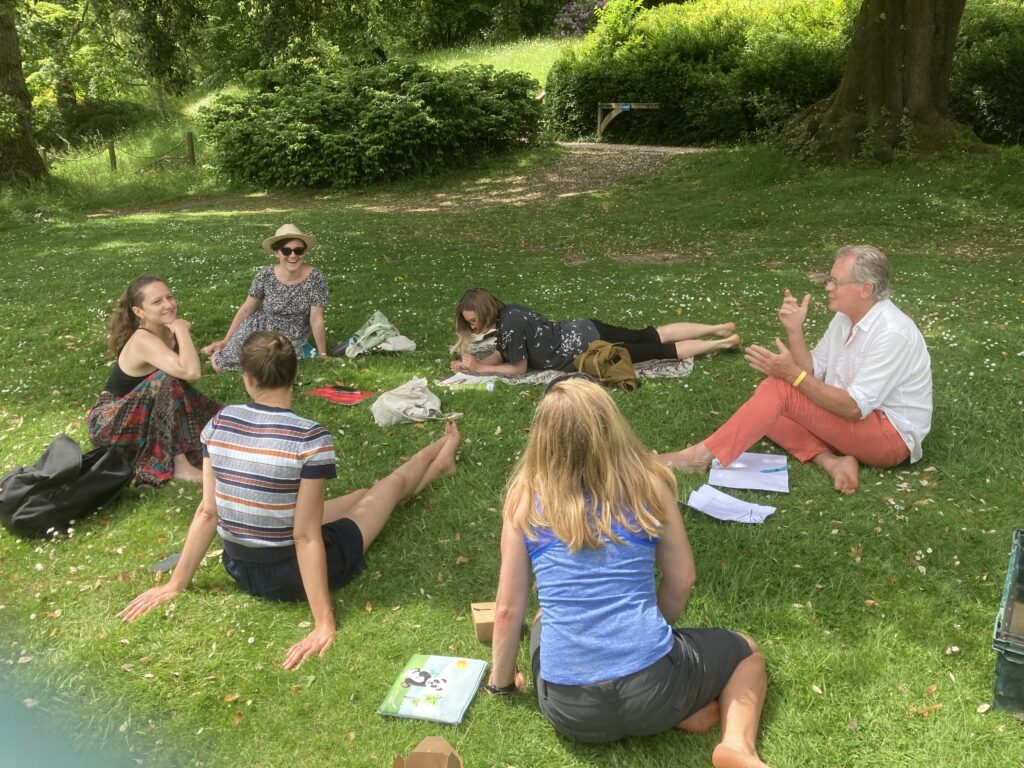
The course seeks to:
☺ explore the philosophical context for the emerging paradigmatic shift that we are living through
☺ model cutting-edge pedagogical practices, giving course participants the opportunity to experiment with new, more participatory and embodied practices within and beyond the classroom
☺ trace progressive trends in the emergence of a more sustainable and regenerative economics – both locally and globally
☺ feed into the wider international process of reflection and consultation occasioned by the process of metamorphosis that Schumacher College is currently going through
This course is for anyone who:
♥ seeks to develop a broader picture of shifts in society at the paradigmatic level
♥ is already employed in the formal educational system or has aspirations to be so employed
♥ works as an educator, facilitator or communicator in any other field
♥ is active, at whatever level, in creating a more human-scale and regenerative economy
♥ wishes to be involved in the ongoing international discussion around the kinds of curricula and pedagogies we seek to promote, fit to meet the needs of the 21 st century

Inspired by Schumacher College and ‘Head, heart and hands’ pedagogy
The pattern of the week will follow that pioneered by Schumacher College, with participants having ample opportunity to collaborate within and beyond the classroom and to experience nature as a teacher. The aim is to co-create and empower the learning community rather than to ‘download’ information. Or, in the words of Nobel Laureate in Literature, WB Yeats: ‘Education is not the filling of a pail, but the lighting of a fire!’
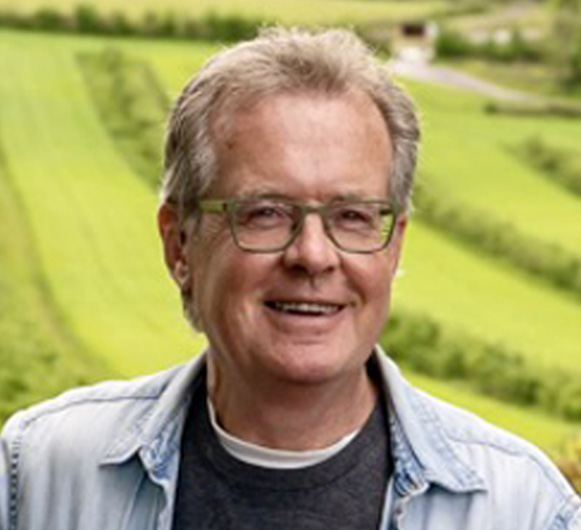
Jonathan Dawson
The teaching and facilitation team will be led by the co-founder and previous lead of Schumacher College’s Regenerative Economics Masters programme and former president of the Global Ecovillage Network, Jonathan Dawson.
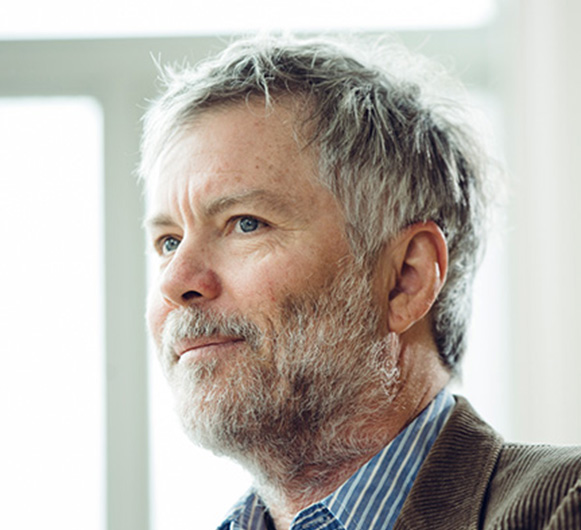
Jay Tompt
Jay has been teaching ‘regenerative’ economics for the last 10 years at University of Plymouth and Schumacher College. He’s been involved in economic relocalisation initiatives, including green and social enterprises, and advising progressive entrepreneurs for more than 20 years.
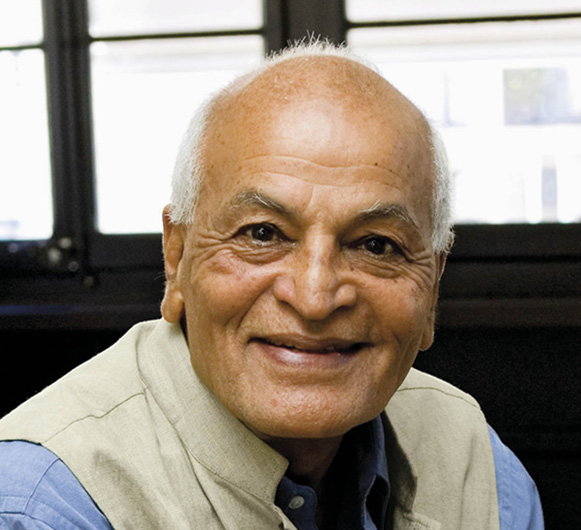
Satish Kumar
There will be a online session with the Founder of Schumacher College – Satish Kumar. Satish is a lifelong activist in the cause of environmental sustainability, social justice and world peace. He was Editor of Resurgence magazine for 40 years, a magazine that was described as “the artistic and spiritual flagship of the Green Movement.”
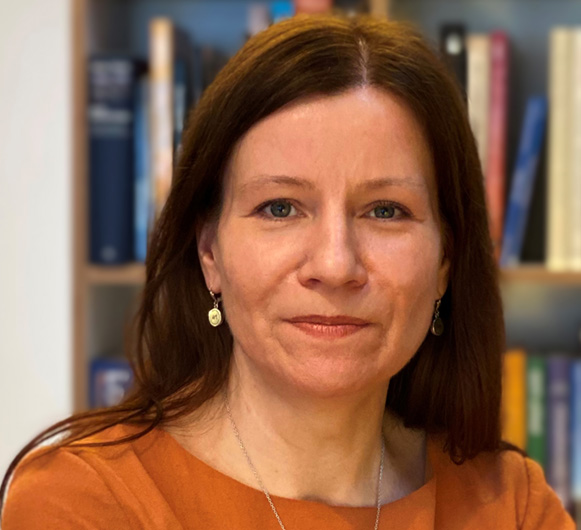
Kaie Koppel
Kaie is a facilitator, researcher, and teacher of co-creation, collaborative innovation, and transformative learning and co-founder of Dragon Dreaming Incubator in Estonia.
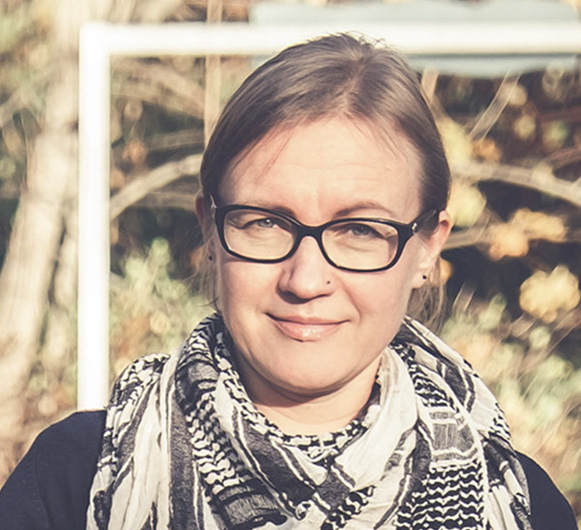
Riinu Lepa
Riinu is the junior researcher in Ragnar Nurkse Department of Innovation and Governance in TalTech. She is an experienced educator of new economics, social innovation and entrepreneurship, and co-founder of Degrowth Estonia.
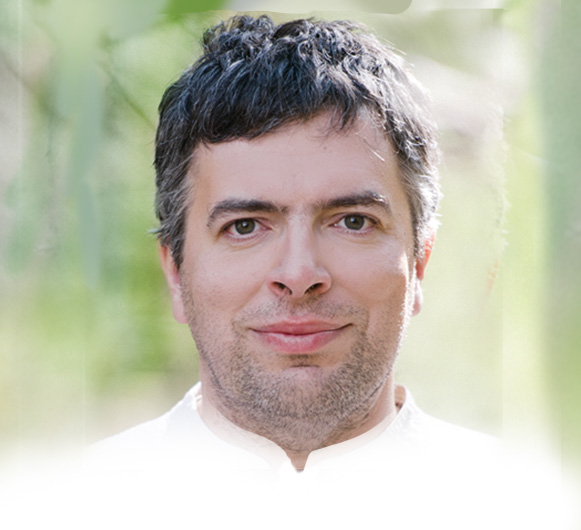
Toomas Trapido
Toomas is author, educator, facilitator, head of Gaia Academy and co-founder of Dragon Dreaming Incubator in Estonia.
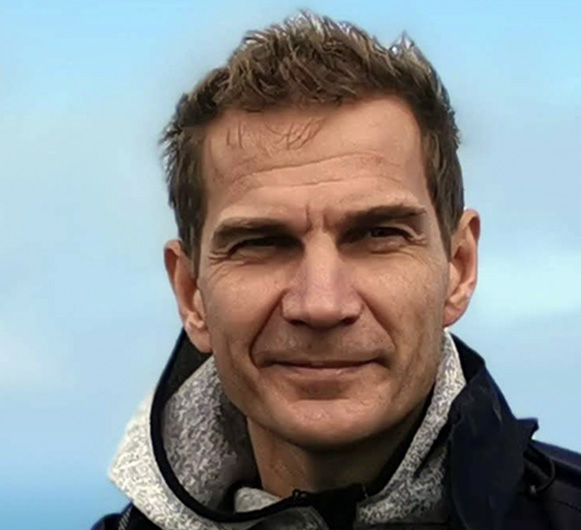
Jonne Kotta
Jonne is marine biologist in Estonian Marine Institute. Under his leadership, exciting scientific research is being carried out in various corners of the globe. The aim of this research is to deepen our knowledge and understanding of how marine ecosystems function and to seek innovative solutions that enhance the economic benefits of using marine resources while also improving the living environment and ensuring the sustainability of ecosystem services.

Course details
The course will be conducted in English with translation into Estonian.
Dates: July 8-13 – whole program, both regenerative economy and transformative education
Options for taking one part of the workshop:
July 8-10 – focus on regenerative economy
July 11-13– focus on transformative education
We warmly recommend to take part in the whole program as the themes of education and economy are integrated into both parts and the course will have most impact if taken as a whole. At the same time, if it’s not possible to attend the whole course, then choose either education or economy as your main focus.
Venue: The course will be residential, hosted in Kuressaare, a beautiful town on Estonia’s biggest island Saaremaa. The main venue will be Saaremaa Gymnasium.
Cost: We propose the fee range in which you can choose a sum that you perceive as balanced depending on your situation and works for you. NB! Fee includes lunches and dinners.
Fee does not include accommodation and breakfasts.
Whole program fee range – 450 – 700 euros
One part fee range – 250 – 400 euros
Accommodation: We’ll organize your accommodation after the registration as there are many possibilities in several locations and price ranges.
Registration information
Contact and organizers
Further information: Toomas Trapido, Gaia Academy, toomas.trapido@gmail.com
The course will be organized by Gaia Academy and the recently created Pöide Education Centre. Gaia Academy and Pöide Education Centre are offering various courses for all ages in subjects as diverse as holistic science, sustainable living, organic food production, community development and participatory management. Gaia Academy is part of the global Gaia Education network.
The course is supported and inspired by Schumacher College and Schumacher Wild – a bold new experiment in transdisciplinary and transformative education and research.
Come join our learning community!
